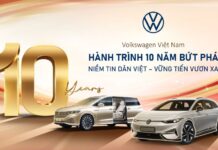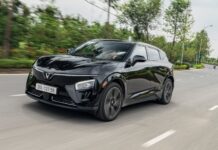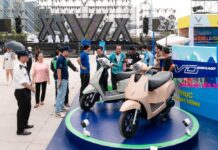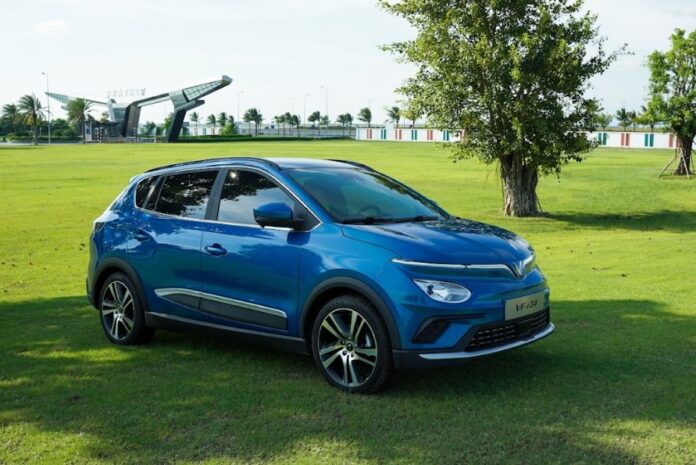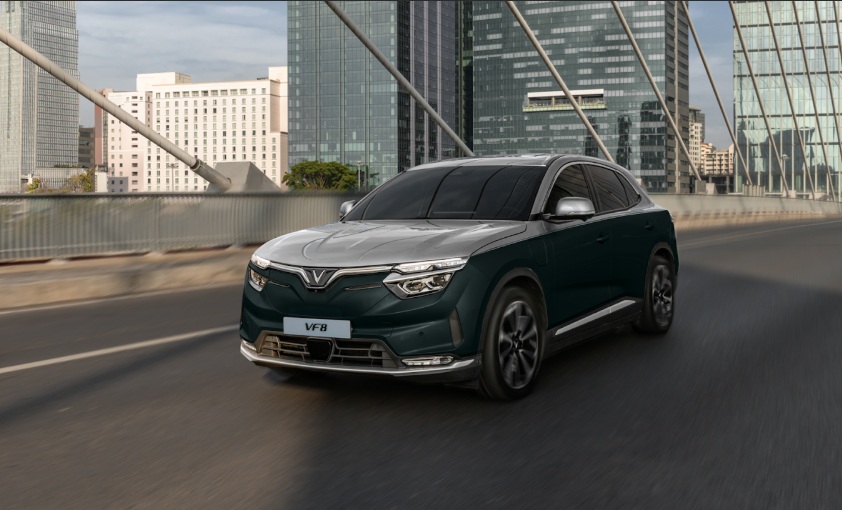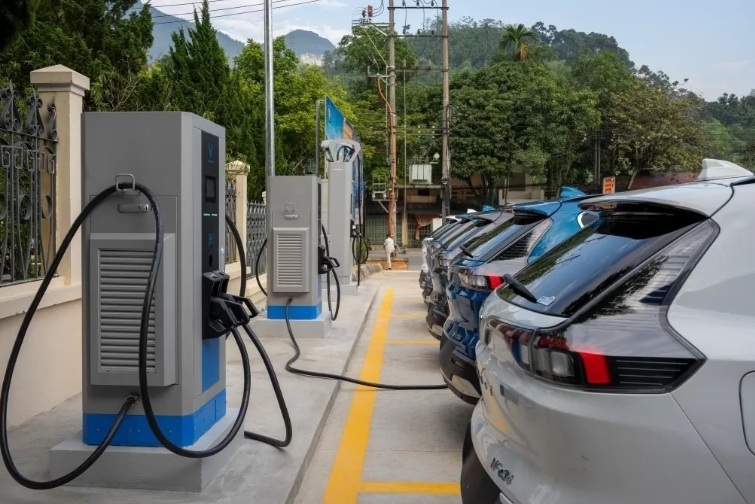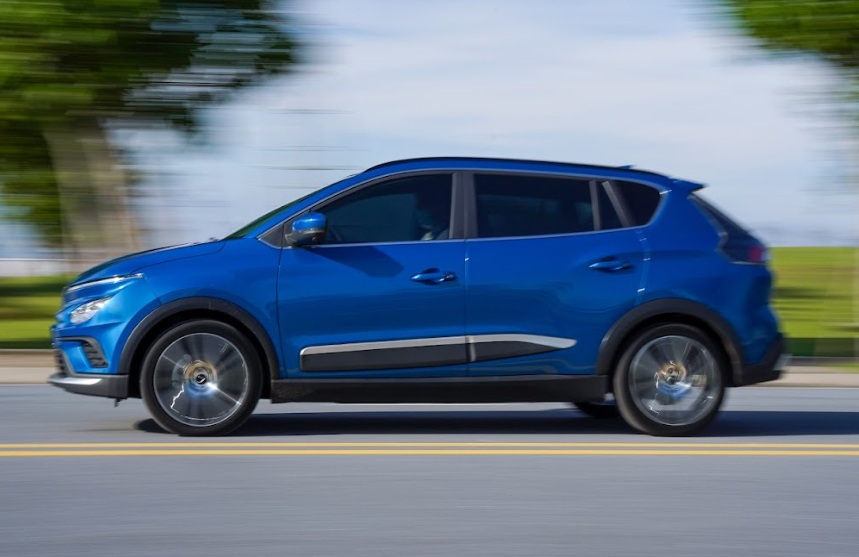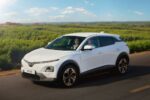As electric vehicles become more prevalent on Vietnamese roads, consumers’ concerns are no longer limited to whether they should buy a new electric car but have evolved into a more practical question: Are used electric vehicles a sensible choice?
Despite lingering worries about battery lifespan, resale value, and maintenance costs, an objective assessment reveals that the market for used electric vehicles in Vietnam is gradually shaping a promising path worth serious consideration rather than hasty skepticism.
Electric Vehicle Batteries: Not as Scary as Rumored
While it is true that batteries are the most expensive component of electric cars, the concern that they will “break down quickly” or experience “battery degradation” after a few years of use is not entirely accurate.
According to reports from major manufacturers like Tesla, BYD, and VinFast, lithium-ion batteries today have a lifespan of 8-10 years, equivalent to approximately 200,000 km. Smart battery management systems (BMS) help control battery degradation and ensure safety during use. In Vietnam, many electric vehicles like the VF e34 still retain 80-90% of their battery capacity after two years of use, which is more than sufficient for daily commuting needs.
Used Electric Vehicles Don’t “Free Fall” in Value
The significant depreciation of electric vehicles in the first 1-2 years is not unusual but rather reflects the natural law of depreciation that occurs with all types of vehicles, whether they run on gasoline or electricity.
The difference lies in the early stage of the electric vehicle market, where policies related to leasing, battery purchasing, tax incentives, and infrastructure support are still being refined. This instability has caused used electric vehicle prices to fluctuate more compared to gasoline cars. However, from 2024 onwards, as the market enters a more defined phase with a clearer ecosystem, used electric vehicle values will stabilize and be priced closer to their actual usage, similar to how consumers are accustomed to the current used gasoline car market.
Repair Services and Charging Infrastructure Are Catching Up Quickly
One of the psychological barriers for buyers of used electric vehicles is the concern about difficult repairs and a lack of charging stations. However, reality shows that the “picture” is changing faster than expected.
Numerous infrastructure providers, including VinFast, EVN, EVIDA, and private enterprises, are expanding their charging networks nationwide. The CCS2 standard is gradually becoming the common norm, assuring users of compatibility. Meanwhile, many private garages have started accepting electric vehicle repairs, reducing dependence on manufacturers. With fewer mechanical components than gasoline cars (no gearbox, no oil changes, no spark plugs…), electric vehicle maintenance costs are actually lower in the long run.
Used Electric Vehicles: An Opportunity to Own Affordable Green Transportation
With prices ranging from 300 to 500 million VND, many used electric vehicle models like the VinFast VF e34 or Wuling Mini EV are opening the door to eco-friendly transportation for mainstream customers, including young people, small families, new drivers, or those providing urban transportation services.
Compared to used gasoline cars that often come with risks like flood damage, engine wear, potential fire hazards, or unclear maintenance histories, a used electric vehicle with remaining battery warranty and transparent provenance is a more economical and safer choice, especially in modern urban environments where cost and stability are increasingly prioritized.
Don’t Dismiss Used Electric Vehicles; Recognize Their True Potential
Used electric vehicles are not a “byproduct” or “waste” of the green transportation revolution. On the contrary, they are an essential intermediary link in making electric vehicles accessible to the masses, especially those with limited budgets who still aspire to embrace sustainable mobility.
The issue today does not lie in the technology, which is already mature, but in establishing suitable policies, reliable after-sales systems, and building market confidence. If properly guided, the used electric vehicle market can become a launchpad to support the solid development of Vietnam’s electric vehicle ecosystem within the next 3 to 5 years.
TH (Tuoitrethudo)
VinFast Inaugurates its State-of-the-Art Electric Vehicle Manufacturing Facility in Ha Tinh
VinFast, a leading automotive manufacturer, has achieved a remarkable feat with the inauguration of its state-of-the-art electric vehicle factory in Ha Tinh, Vietnam. In just under seven months since the project’s inception, VinFast has brought this ambitious endeavor to life, solidifying its position as a trailblazer in the industry.

